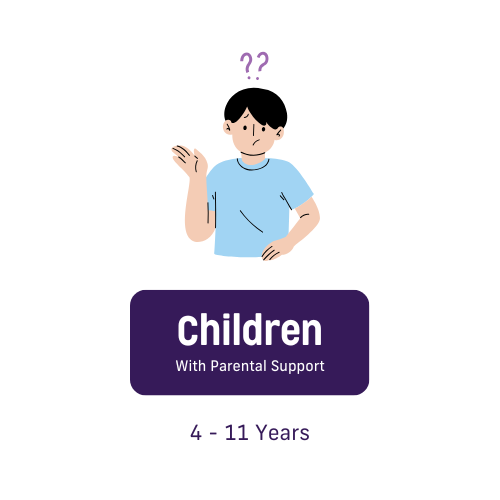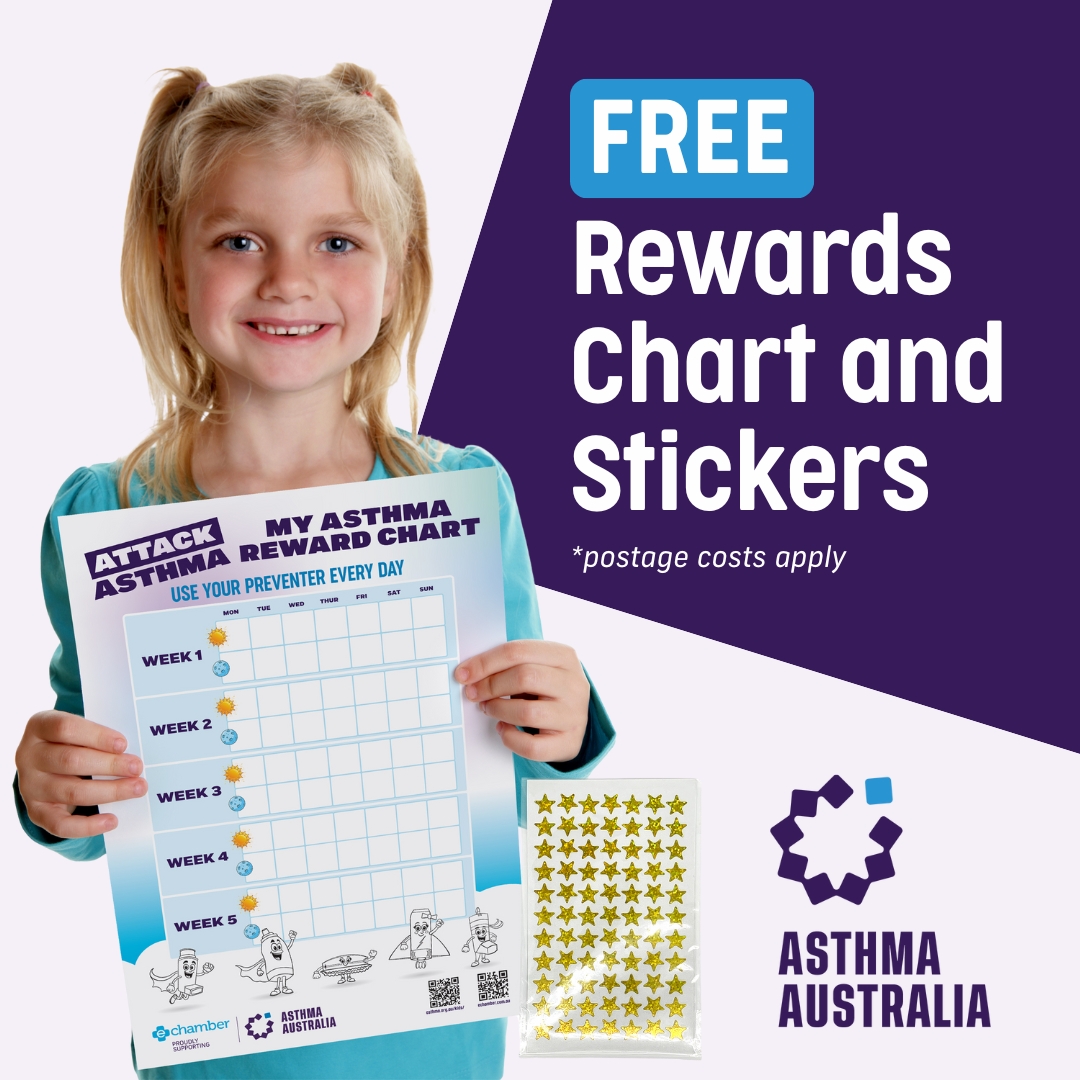Your Asthma Score
The goal of asthma care is that people can live healthy, happy and productive lives without restrictions because of asthma. Asthma Control is how your healthcare team measures how often you’re experiencing asthma symptoms or how much your symptoms have been reduced by treatment. No matter what your asthma score, work with your doctor to make sure your asthma treatment is the best possible for you, all year around.
Your score gives your doctor a clear picture of how often you’re experiencing symptoms and how much your asthma is impacting your daily life. If your score shows that your asthma isn’t well controlled, you are more likely to have a severe flare-up or need go to hospital. Your doctor will know that they need to adjust your treatment or give you extra support in managing your asthma.
Your score can also empower your self-management of asthma. Knowing your score can help you understand when you need to adjust your treatment based on the levels in your Asthma Action Plan.
You can learn more about managing asthma by calling our friendly Asthma Educators on 1800ASTHMA (1800 278 462) or booking a free consult at a time that suits you.
What does my asthma control score mean?
For adults and adolescents, we use a test called the Asthma Control Questionnaire, and for kids aged 4-11, we use the Childhood Asthma Control Test. These tests are used by doctors all over the world and have been scientifically tested by hundreds of people with asthma. They each have three categories of scores. Select your age below to find out what your score means:
Within Target Range

Well controlled
- Your child is in a good spot right now and their asthma doesn’t seem to be affecting them too much
- They are hardly having any asthma symptoms
- They are likely sleeping well and can do most things without any problems.
- Things can change so it’s important they keep taking their medications as prescribed and avoid triggers.
- Even though this is a good place, it is still recommended that children have an asthma review with their doctor every six months, and have a written Asthma Action Plan in place.
Outside target range

Not well controlled
- Right now, your child’s asthma control has room for improvement.
- They are having asthma symptoms, and maybe having trouble sleeping or are not able to do as much as usual.
- When your child is in this zone, it may only take one cold virus or one trigger to make their symptoms worse and lose control.
- Talk to your child’s doctor and explore how you can improve their asthma control. It may just take some small changes to the way you use their medicines get things under control
- For more tips about managing your asthma, book a call with one of our Asthma Educators or call 1800ASTHMA (1800 278 462)
- Take the Asthma Control Test again in around four weeks to check if your child’s asthma has reached the target level of asthma control
Very Poorly Controlled
- Your child is having asthma symptoms often, maybe every day. This suggests their asthma isn’t well controlled currently.
- Your child might be having trouble sleeping, be limited in what they can do each day, and not able to play and take part in everything they want to.
- Your child is at higher risk of needing to go to hospital.
- Your child may be having a flare-up or asthma attack and so you should book in to see your doctor as early as possible.
- Talk to your child’s doctor about their treatment plan and any changes that might need to be made.
- For more tips about managing your asthma, book a call with one of our Asthma Educators or call 1800ASTHMA (1800 278 462)
- Take the Asthma Control Test again in around four weeks to check if your child’s asthma has reached the target level of asthma control.
Within Target Range

Well Controlled
- You are in a good spot right now and your asthma doesn’t seem to be affecting you too much
- You are hardly having any asthma symptoms such as wheeze or shortness of breath.
- You are likely sleeping well and can do most things without any problems.
- Take advantage of your good control to exercise. Being active is a big part of taking care of asthma and improving your quality of life.
- Things can change so it’s important to keep taking your asthma medicines as prescribed and avoid your triggers.
- Even though this is a good place, it is still recommended to visit your doctor once a year for an asthma review and have a written Asthma Action Plan in place.
Outside Target Range

Partially Controlled
- Right now, your asthma control has room for improvement.
- You have some symptoms, and you may have trouble sleeping or might not be able to do as much as usual.
- When you are in this zone, it may only take one cold virus or one trigger to make your symptoms worse and lose control.
- Talk to your doctor and explore how you can improve your asthma control. It may just take some small changes to the way you take your medicines to become well-controlled
- For more tips about managing your asthma, book a call with one of our Asthma Educators or call 1800ASTHMA (1800 278 462)
- Come back and do the Asthma Control Questionnaire again next week to see what a difference your treatment changes have made.
Not Well Controlled
- You’re probably having asthma symptoms often, maybe every day. This suggests your asthma isn’t well controlled currently.
- You might have trouble sleeping, be limited in what you can do each day, and not living the life you want.
- You are at higher risk of needing to go to hospital.
- You may be having a flare-up or asthma attack and should book in to see your doctor as early as possible.
- Talk to your doctor about your treatment plan and any changes that might need to be made to your asthma medicines.
- For more tips about managing your asthma, book a call with one of our Asthma Educators or call 1800ASTHMA (1800 278 462)
- Come back and do the Asthma Control Questionnaire again next week to see what a difference your treatment changes have made.





 1800 278 462
1800 278 462







